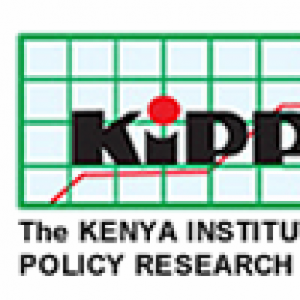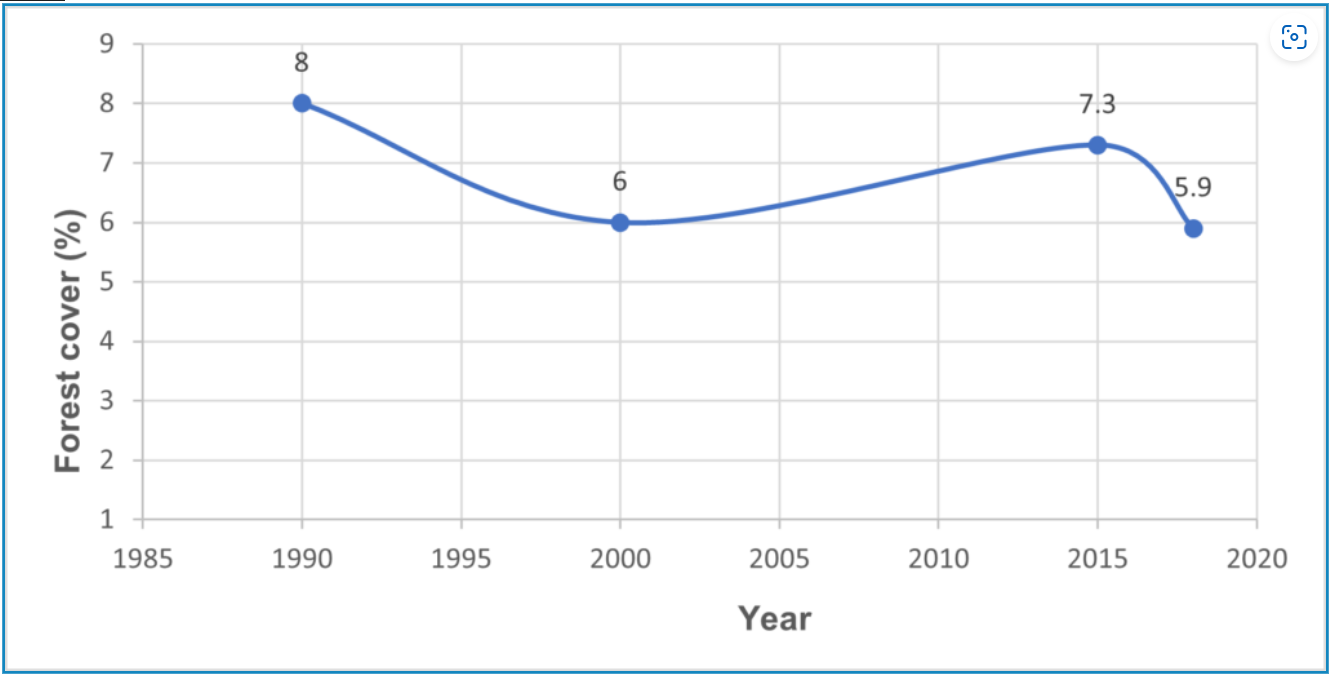Illicit trade is the production or distribution of a good or service that is illegal under the law. Trading in counterfeit and substandard goods not only creates economic loss but also poses health and safety risks to the society. Consequently, consumer protection becomes key as it entails putting measures that will safeguard consumers from dishonest and unfair trade activities.
Before the Constitution of Kenya 2010, Kenya did not have any laws that specifically addressed consumer protection. The existing laws and regulations were meant to punish violators accordingly. Consequently, if the offender’s actions caused harm to the consumer, there was no legal recourse available to the consumers to obtain compensation.
To remedy this gap, Article 46 of the Constitution of Kenya 2010 made consumer protection a fundamental right and required the legislature to pass the Consumer Protection Act. Thus, the Consumer Protection Act (2012) marked a turning point in consumer protection in the country. The Act aims to protect Kenyan consumers’ rights and provides room for consumers to seek redress for violations of their rights. However, despite the Consumer Protect Act 2012 being in place, a study by the United Nations (UN) in June 2017 ranked Kenya position three (3) in terms of trafficking of counterfeit pharmaceutical and veterinary drugs. These findings of the UN study agree with the Kenya Association of Manufacturers (KAM, 2018) estimates of about 40 per cent infiltration of counterfeit medications in Kenya’s pharmaceutical industry. This is an indication that there is need to do more as a country in the fight against illicit trade.
In addition, statistics from the Anti Counterfeit Authority (ACA) National Baseline Survey of 2020 indicate that 30 per cent of counterfeit goods in Kenya are locally manufactured while 70 per cent are imported. This shows that the country suffers from the production of unlawful products that find their way in the market. Notably, the common illicit trade in Kenya is characterized by activities such as counterfeiting, smuggling, tax evasion, and illegal sale or possession of goods or services, among others. Further, illicit trade activities are fuelled by Kenya’s long porous borders, which makes it difficult to identify smugglers. Moreover, there is weak public-private partnership, inadequate consumer awareness and inadequate legal enforcement in Kenya to deter such activities in the country.
Further, statistics from the Anti Counterfeit Authority (ACA) revealed that the value of illegal trade increased by 14 per cent between 2017 and 2018, rising from Ksh 726 billion to Ksh 826 billion. Data from ACA for 2018 shows that the worst hit sectors by illicit trade were Energy, Electrical, and Electronics (15%), Building, Mining and Construction (23%), Plastic and Rubber, and Metal and Allied sectors (9% each), and Textiles and Apparels (14%), thus accounting for 70 per cent of illicit trade in 2018 (ACA, 2020). These industries combined accounted for Ksh 586 billion in illegal trade in 2018, a 13 per cent increase from Ksh 520 billion in 2017 based on imported goods. The illicit trade in these sectors accounted for 71% of the Kenya’s total volume of illicit trade.
Illicit trade denies the private sector the opportunity to benefit from a free and open market, thus discouraging investment in the country and effectively threatening the contribution of the private sector in terms of job creation and employment. Further, illicit trade hampers government revenue collection efforts. For instance, the Anti-Counterfeit Authority (ACA) reported that the government lost approximately Ksh 153.1 billion in revenue in 2018, which was an increase from Ksh 129.72 billion losses in 2017 as result of illicit trade.
The government has taken measures to combat illicit trade, such as strengthening Article 46 of the Constitution by enacting the Consumer Protection Act, which grants consumers the rights of protection and establishing institutions such as the Anti-Counterfeit Authority. To ensure that all relevant agencies participate in combating illicit trade, the government from 2018 adopted a multi-agency approach in policy and operational coordination among different government agencies to combat illicit trade, which has led to the formation of the Anti-Illicit Working Group. This was done to ensure effective coordination measures among these agencies for improved outcomes in combatting illicit trade (ACA, 2018).
In addition, the country has undertaken various measures towards eliminating illicit trade, such as increased inspection and scrutiny of goods at border points, placing roadblocks at strategic points, confirming if goods have a certificate of conformity and conducting crackdowns on illicit goods. However, even with the government efforts in place, there is more that needs to be done. Combating illicit trade in the country requires the government, consumers and the private sector to work together with targeted activities to fight the vice.
First, there is need to enhance the role of the private sector in supporting government efforts to eradicate illicit trade. To that effect, private sector participation in supporting the government efforts to promote consumer protection and combat illicit trade in the country is key. In supporting government efforts in combating illicit trade, the private sector needs to leverage on technology. Existing evidence shows that technology plays a critical role in enhancing the fight against illicit trade. To support the use of technology in combating illicit trade, the African Seed Access Index report (TASAI 2020) revealed that use of technology verification sticker labels has led to cases of fake seeds decreasing by 67 per cent between 2013 and 2019.
To emphasize on the need to embrace technology in supporting the fight against illicit trade, the Seeds and Plant Varieties Regulations Act, Revised 2012, underscores the need to have verification sticker labels fixed to certified seeds, where farmers and pharmaceutical consumers can verify the authenticity of the seeds using a code sent through short message service (SMS). Thus, use of technology could enhance efforts towards combating illicit trade for enhanced consumer protection. This will reduce the challenges faced by consumers in verifying genuine purchases due to the presence of illicit trade especially in retail channels. As a result, the need for collaboration between the private sector and government to support use of technological tools in combating illicit trade is essential.
Further, consumer awareness is also critical in supporting the fight against illicit trade. Consumers tend to be victims of unscrupulous traders who promise cheap deals for consumers even when the consumers are willing to spend more money to buy quality products. With the emergence of e-commerce, where consumers are not able to physically examine products before purchasing, the need for consumer awareness is paramount. A study by Oxford Economics (2018) found that illicit trade is becoming more accessible to a wider public as it spreads to more products and gets more into the online market. Consequently, it is necessary for consumers, producers, and the government to collaborate in conducting public awareness and sensitizations on the effects of illicit trade. Consequently, consumer awareness and sensitization need to be rolled out in the country, with the aim of reducing the demand for these products. Collaboration between the National government, private sector, and the County governments will play a key role in conducting public anti-illicit trade campaigns in all the 47 counties.
In conclusion, Article 46 of the Constitution provides for consumer rights that must be guaranteed by public and private institutions. It is therefore expected that the National government, County governments, the private sector and consumers will work together to reduce consumer demand for these products, and ensure that consumers have access to quality goods and services that protect their health and safety, and the right to compensation for loss or injury caused by defects in goods or services.
Authors: Dr John Karanja, Principal Policy Analyst, KIPPRA
Shadrack Mwatu, Policy Analyst, KIPPRA





